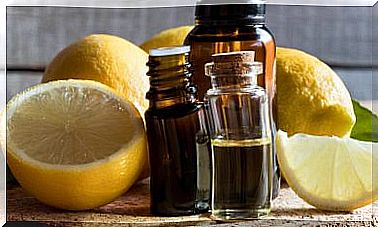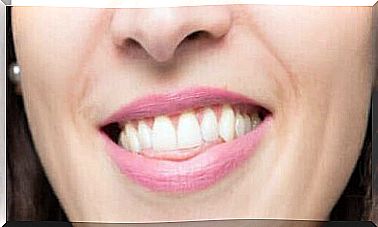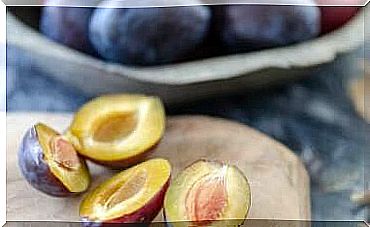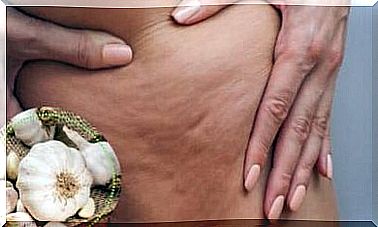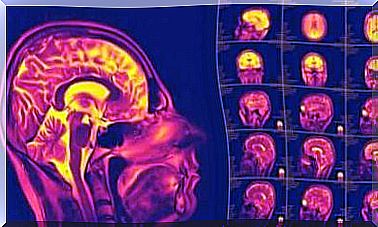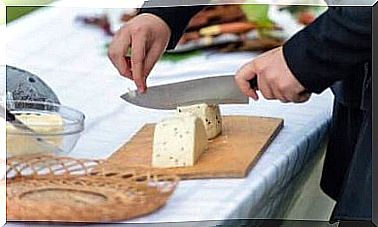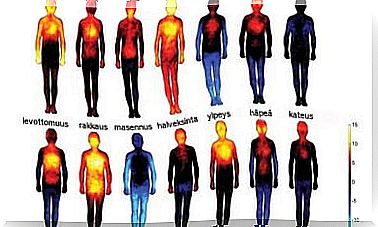How Do You Identify A Spoiled Egg?
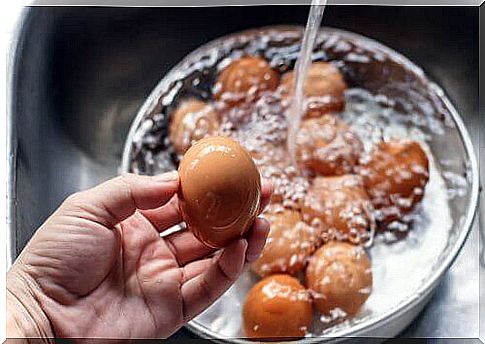
How can you identify a spoiled egg?
As the air temperature rises, food spoils more easily. To find out if the eggs in your fridge are still good to eat, check out these tips. Pay attention to this, as eating a spoiled egg can make you sick.
It is therefore important to make sure that the egg is in the best eating condition before you start eating it. Keep reading and you’ll hear how this happens!
How can a spoiled egg be identified?
There are a few good tricks for figuring out if an egg is still edible or worth throwing away. For example, if you shake an egg and hear the yolk hit the shell, the freshness is still preserved.
Here are other ways to find out.
Drop the egg into the water
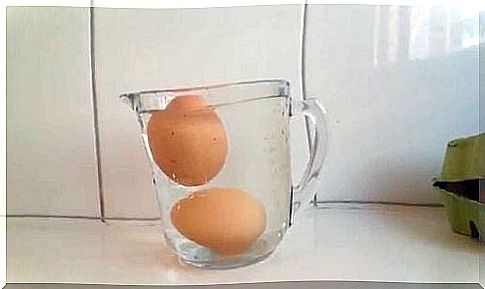
All you need to do is put the egg in a container filled with water. The container should preferably be transparent so that the results can be seen more easily. Keep these things in mind during the test:
- If the egg sinks quickly and stays at the bottom in a horizontal position, it is still fresh.
- If you see that it sinks quickly and stays at the bottom in an oblique or vertical position, the egg is no longer fresh.
You can think of it this way: the bigger the angle, the older the egg is. However, it can still be eaten.
- If the egg does not sink to the bottom but instead remains floating in the middle, this is a sign that it is already spoiled and no longer fit to eat.
- If you see an egg floating on the surface of the water, this means it is completely ruined.
Floating is caused by the formation of gas as the organic material decomposes. As we have already said, the egg has then crossed the border, at which point it should no longer be eaten.
Boiling an egg
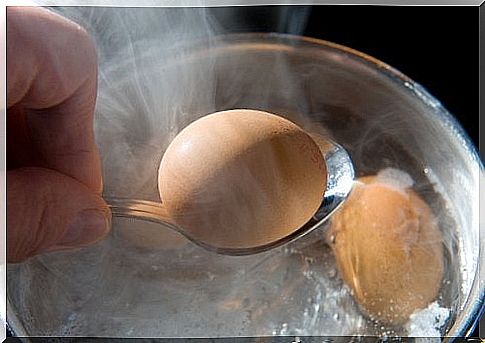
- If you cook the egg and cut it in half, and you see that the yolk is in the middle and there is some air inside, the egg is still edible.
- If the yolk is closer to the shell and there is more air, the egg is ruined.
Break the egg shell
Another easy way to assess whether an egg is still good to eat is to break its shell against the plate.
- If you see that the egg does not spread very much and the yolk stays together, the egg is still fresh.
- If, instead, you see that the protein and yolk are spread along the plate, and if the yolk is completely mixed, the egg is guaranteed to be ruined.
Look for the “best before” date so you can find out the freshness
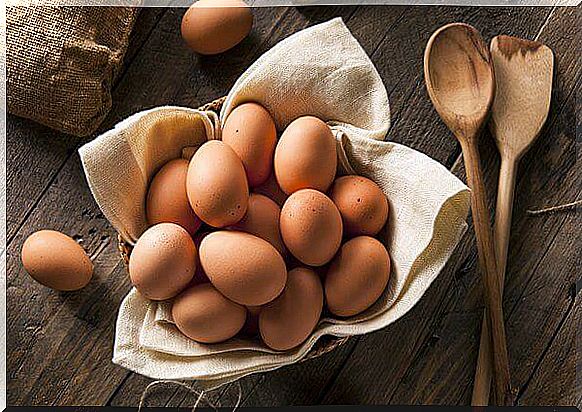
One thing to find out is the day the chicken laid the egg. This is known as week 0, and from week 3 onwards the egg should no longer be sold. The reason for this is that the egg starts to go bad at week 4, and this is determined by the week specified by the stamp.
From now on, the egg begins to lose its organoleptic properties, and the egg should only be eaten from week 6, taking into account the risks.
Here are some recommendations for keeping eggs fresh for longer: store them in their original packaging and always in a cool, dry place. They can stay perfectly good for up to three weeks.
If you are boiling an egg and not eating it immediately, keep the egg in an airtight jar in the refrigerator. They can be eaten even after 3-4 days if stored in this way. However, it is always a good idea to pay attention to the smell of the egg and its other features.
Remember that food stays good for less time when it’s hot outside. In this case, it may be best to keep them in storage for only two days.
With these tips, you will find out what the situation is with the eggs found in your home – whether they are still eligible for eating under the Guarantee or whether you should be careful about possible health problems.
